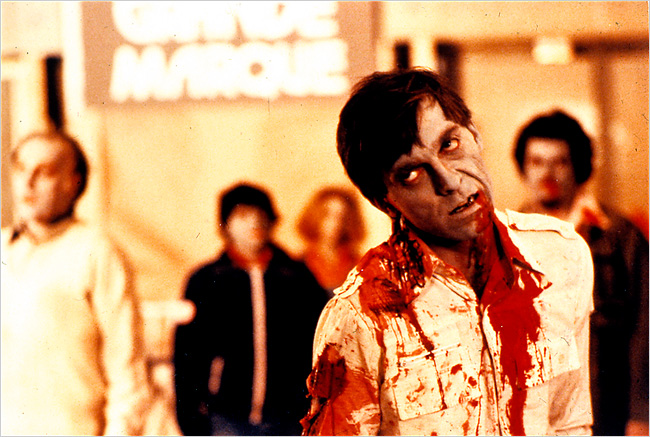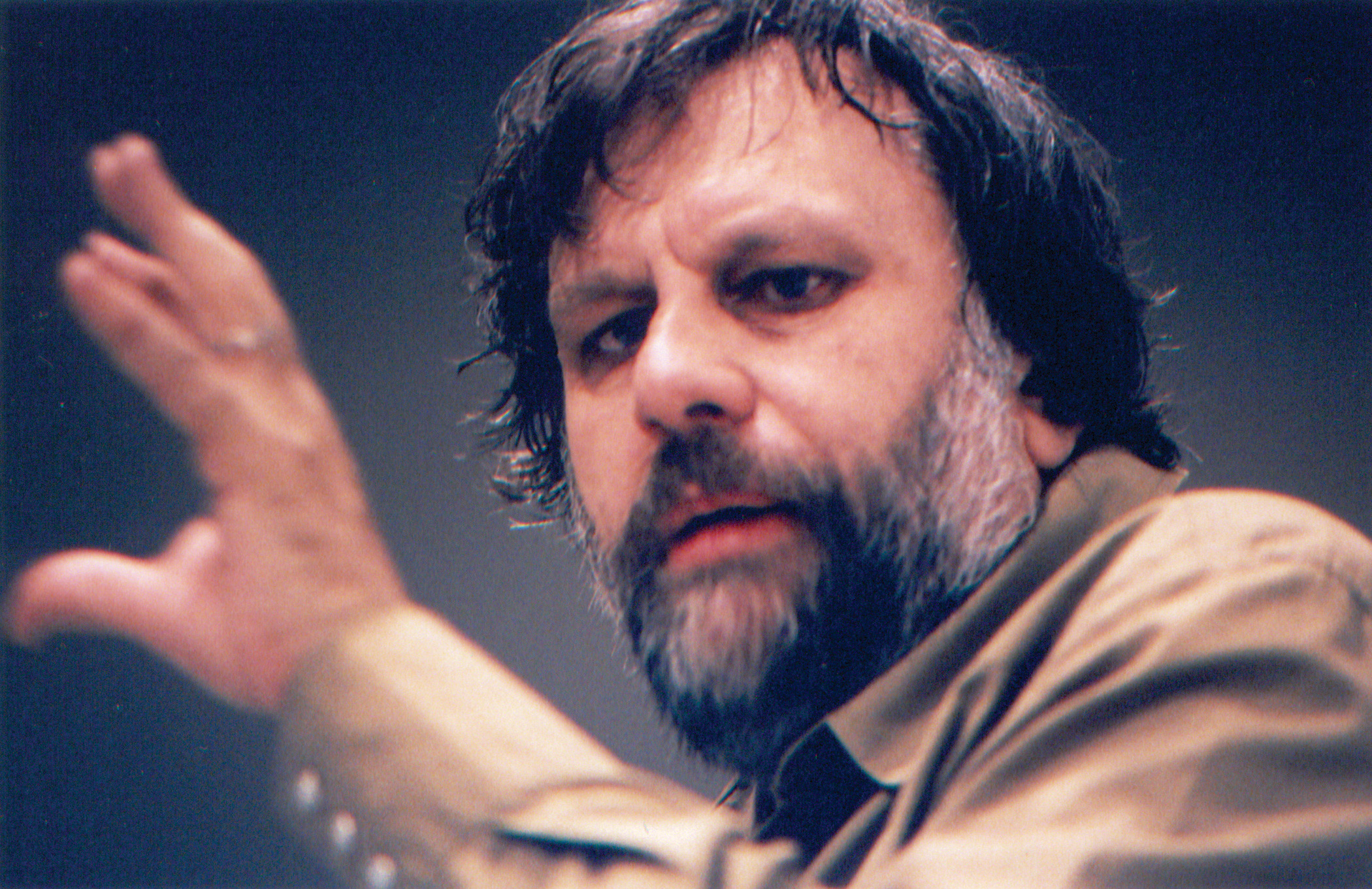In a discussion on another forum not too long ago someone commented that when people talk about zombi apocalypses they always mean someone the zombis as a proxy for someone or some group in particular, so who do you think they are most of the time?
I know that the zombis in some of the earliest movies were meant to be proxies for mindless consumerism or hippy protestors or psychopaths, assault on precinct thirteen wasnt even zombis proper but druggies and I've heard that zombis sort of fill an existential space once occupied by "the crowd" or "the plebs" and "the proles", what do you think?
I know that the zombis in some of the earliest movies were meant to be proxies for mindless consumerism or hippy protestors or psychopaths, assault on precinct thirteen wasnt even zombis proper but druggies and I've heard that zombis sort of fill an existential space once occupied by "the crowd" or "the plebs" and "the proles", what do you think?



